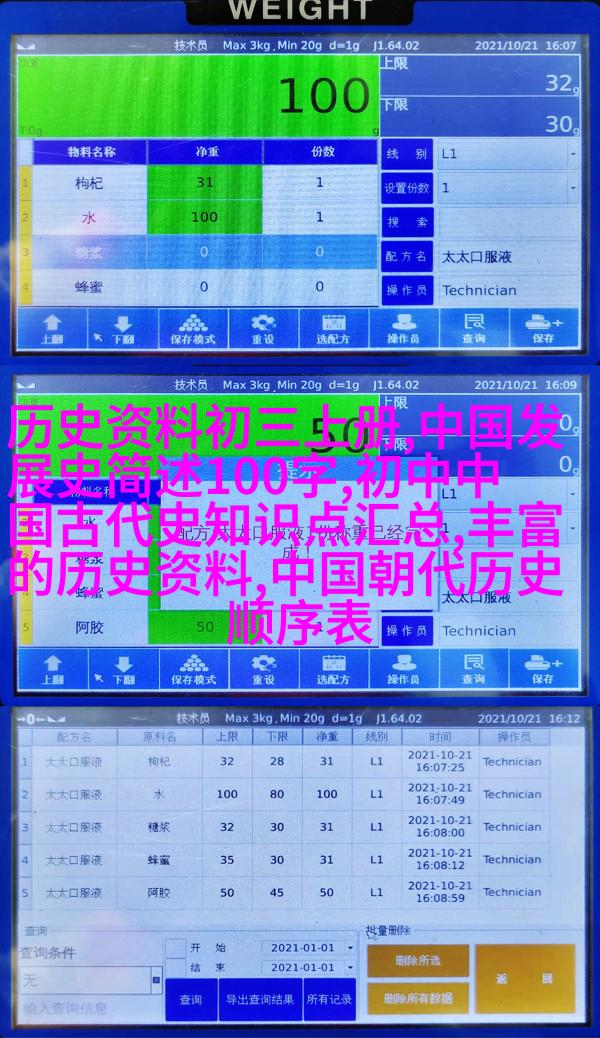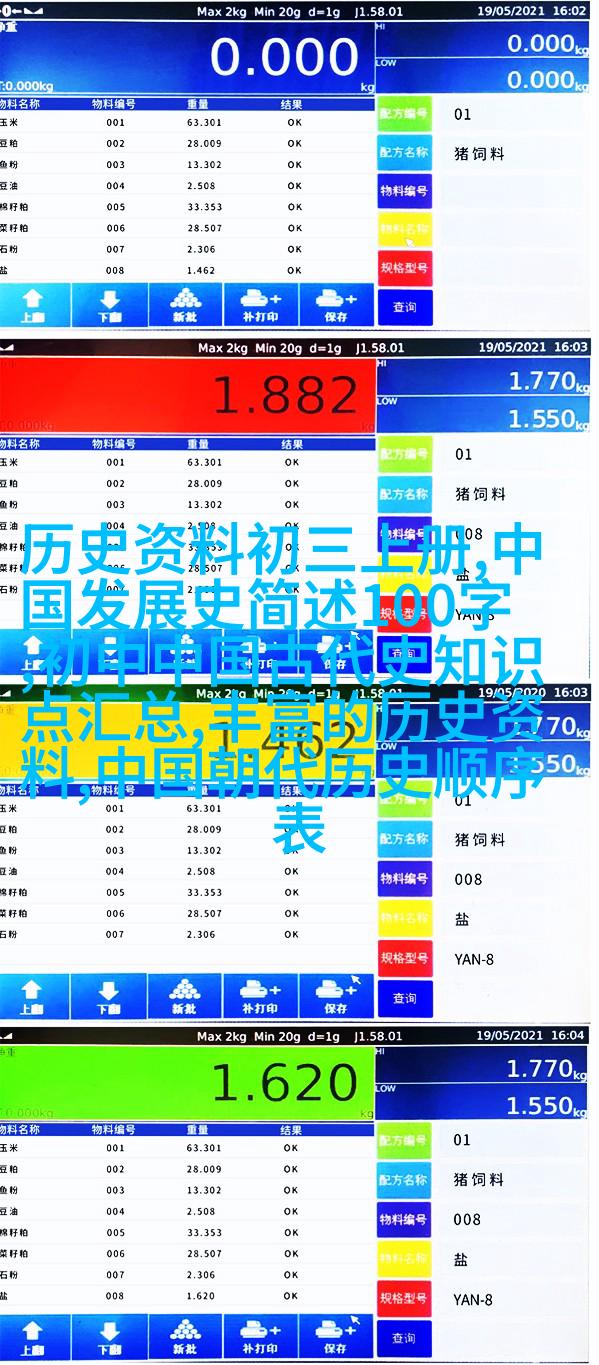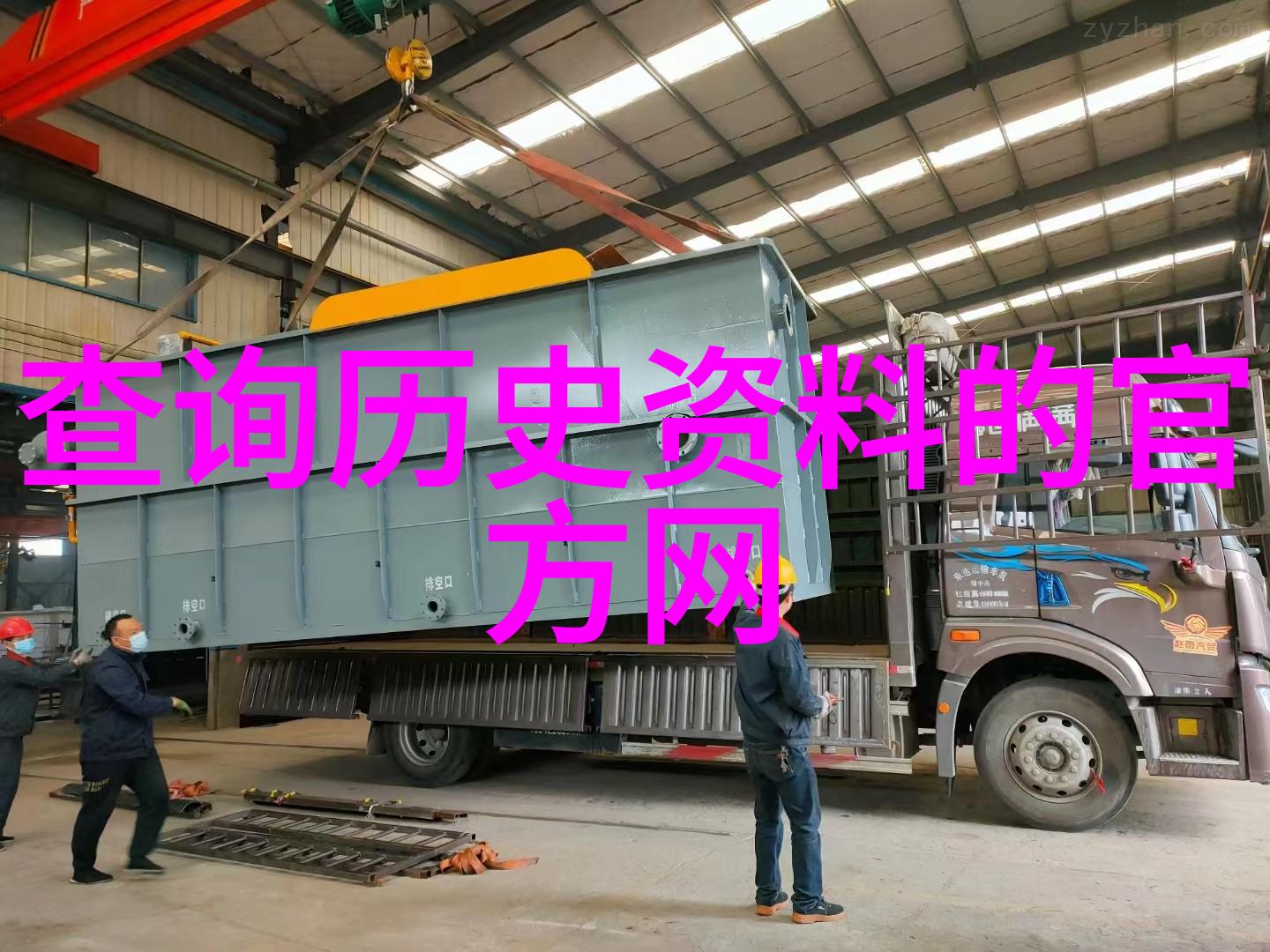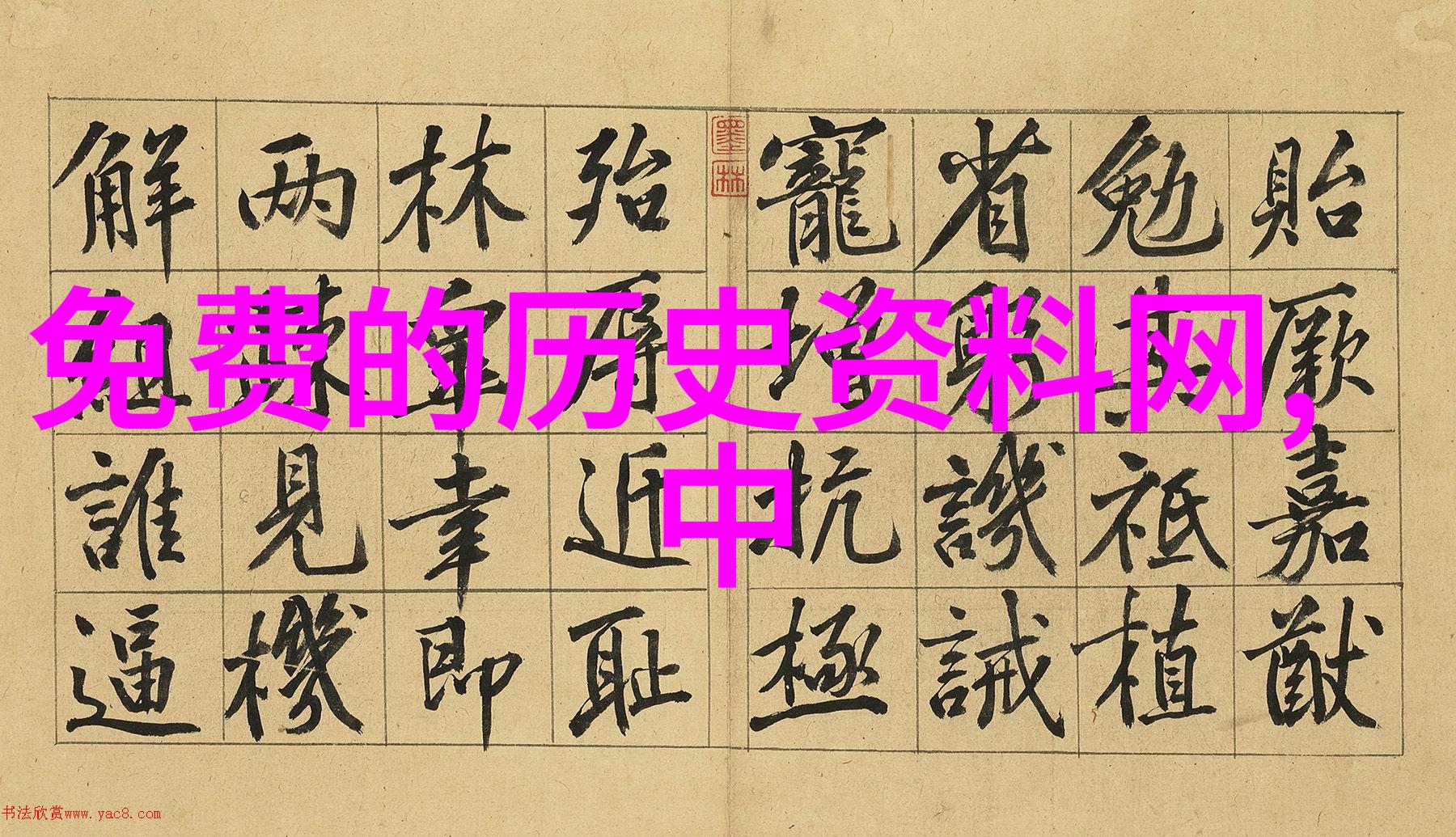从前,在一个古老的山村,有一位名叫清风的小道士。他的师父众妙道长是一个深受人尊敬的高僧,擅长炼丹和修行。在众妙道长的指导下,清风学习了许多佛法和仙术,但他也常常遭到师兄弟们的欺凌和嘲笑。

有一天,清风偶然发现了一片神奇的地方,那里的一草一木都异常繁茂。他决定在那里割草,以换取新袍。但当他回到山脚时,却发现草被人掘走,只剩下一些枯萎的根茎。愤怒之下,他揭露了师兄弟们的不良行为,并要求他们赔偿。
这件事引发了一场关于诚实与欺骗、责任与报复之间权衡的大讨论。在这个过程中,人们提到了“聚宝盆”这一成语,这个成语指的是一种能生出金银财宝的神秘物品,也象征着无尽富裕和幸福。

然而,当真相 gradually revealed, it was discovered that the "aggregating treasure pot" was not a magical object, but rather a metaphor for the accumulation of wealth through hard work and honesty. Clear Wind's actions were seen as an extreme response to the wrongs he had suffered, and his desire for revenge overshadowed his original intention of seeking justice.
The story serves as a reminder that in society, we must strive for balance between our emotions and rationality. We should not let our negative feelings cloud our judgment or lead us down a path of destruction. Instead, we should seek to understand each other's perspectives and work towards finding solutions that benefit everyone involved.

In this context, the phrase "聚宝盆" can be seen as a reminder of the importance of integrity and fairness in all aspects of life. It encourages us to be honest in our dealings with others and to strive for justice without resorting to harmful means.
As we reflect on this story, we are reminded that even in difficult situations, there is always room for growth and learning. By embracing these lessons, we can become better individuals and contribute positively to society.




